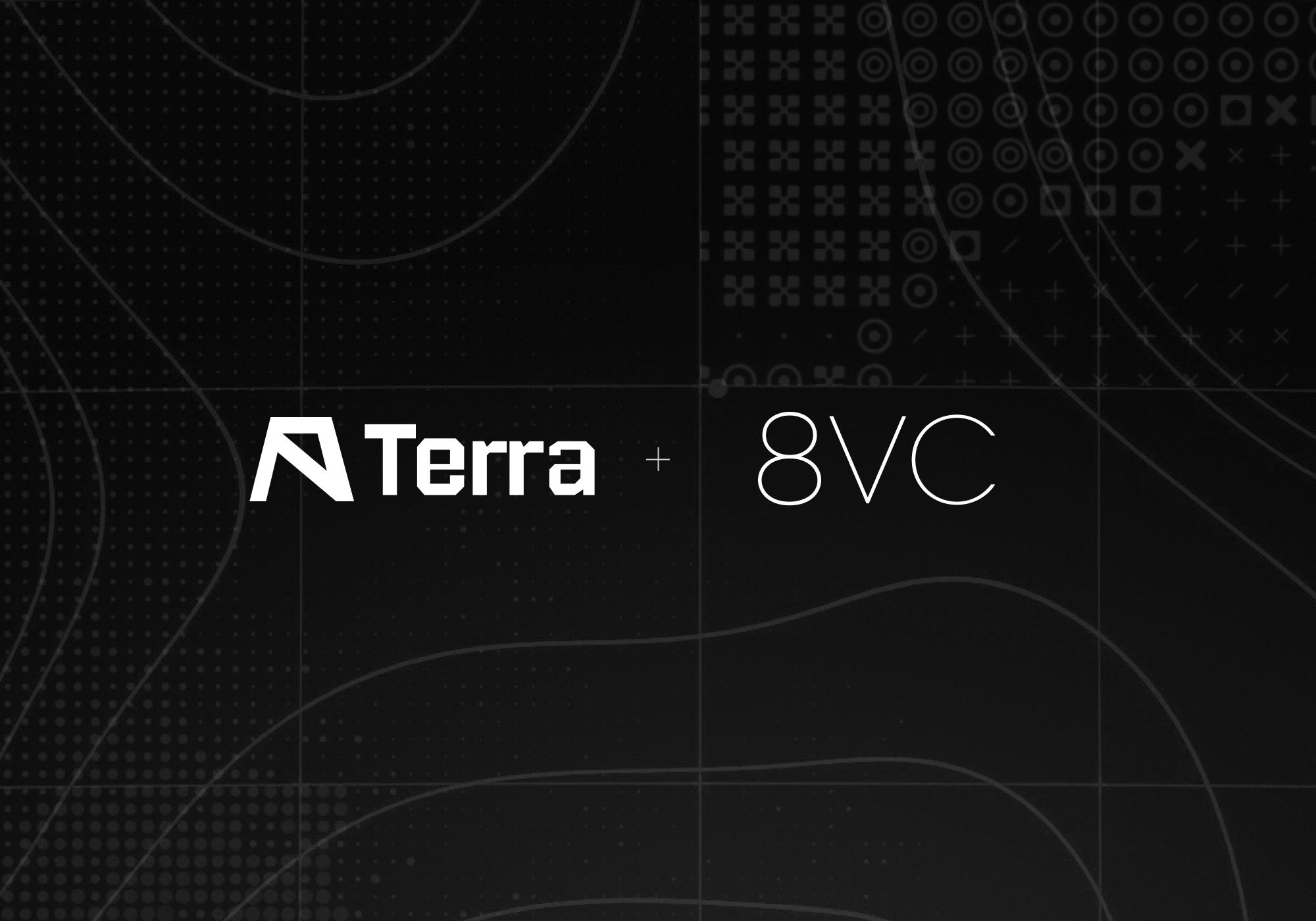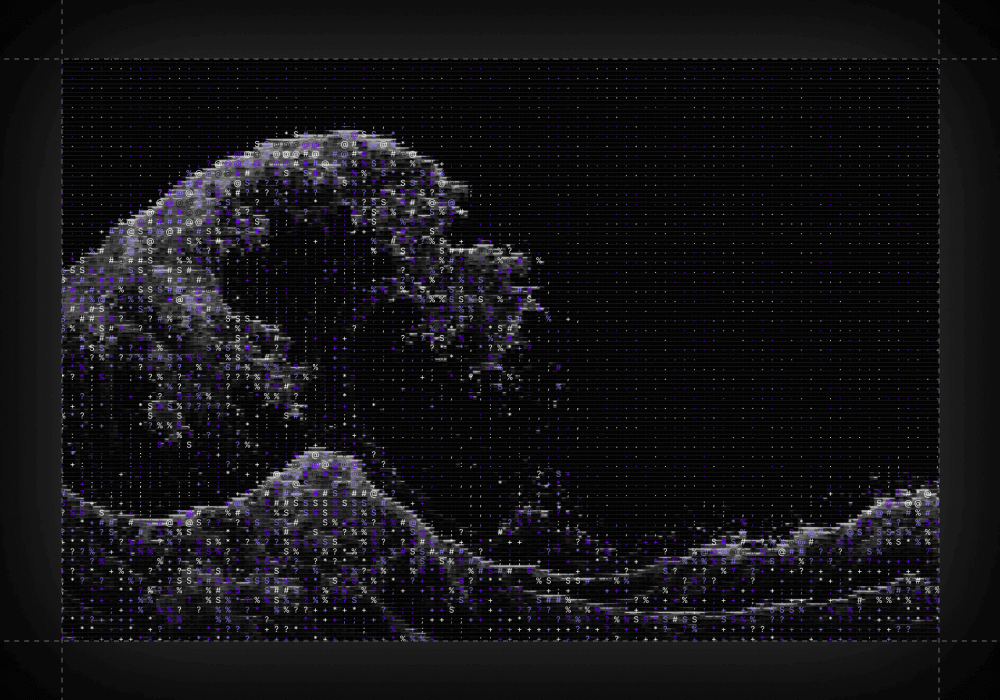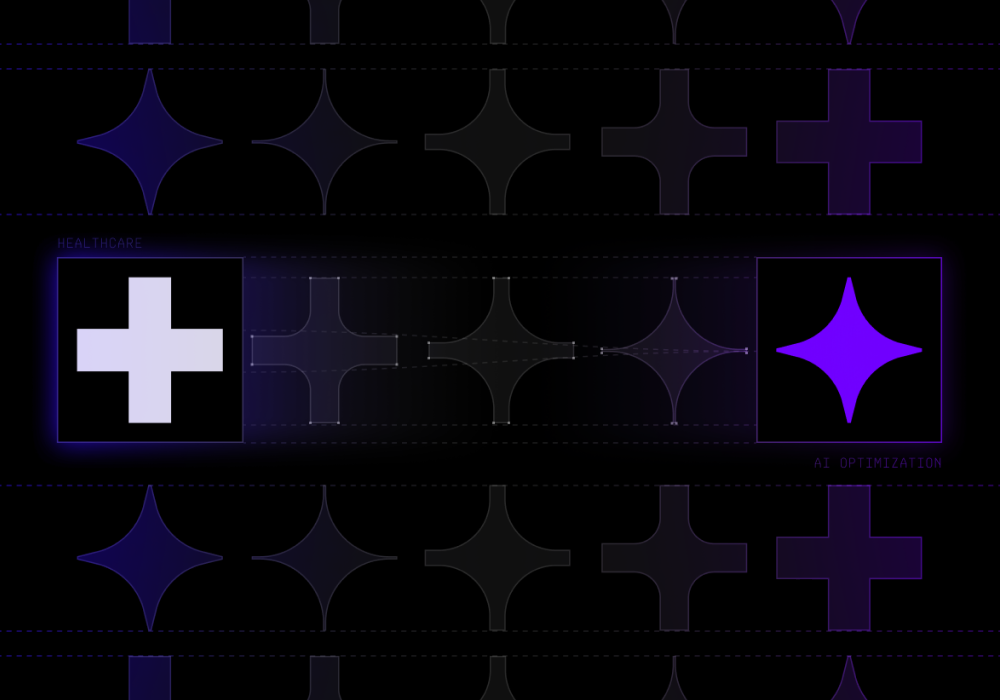8VC Emerging Builders Spotlight: Scott Marin (Epirus)

Today we are highlighting Scott Martin from Epirus. Scott hails from Colorado where he had internships working on mmWave radar spatial mapping for the DARPA Subterranean Challenge, a Tier-II drone radar, and an in-flight internet module and studied under the esteemed Dr. Zoya Popovic at the University of Colorado - Boulder. He came to Epirus after deciding to defer pursuing a Masters degree due to the drop in education quality at the start of the covid pandemic. Since coming to Epirus, his growth as an RF engineer accelerated working on cutting-edge products with mentorship from the phenomenal Epirus team. In his free time, Scott enjoys climbing and backpacking.
Share

In supporting the industry defining companies of the 8VC portfolio, we are fortunate to work with the brightest, most dedicated people in the world. We’re excited to feature some of the most promising engineering and product talent we have the pleasure of collaborating with, not only at 8VC, but within our broader network.
Today we are highlighting Scott Marin from Epirus. Scott hails from Colorado where he had internships working on mmWave radar spatial mapping for the DARPA Subterranean Challenge, a Tier-II drone radar, and an in-flight internet module and studied under the esteemed Dr. Zoya Popovic at the University of Colorado - Boulder. He came to Epirus after deciding to defer pursuing a Masters degree due to the drop in education quality at the start of the covid pandemic. Since coming to Epirus, his growth as an RF engineer accelerated working on cutting-edge products with mentorship from the phenomenal Epirus team. In his free time, Scott enjoys climbing and backpacking.
In your own words, what is Epirus building?
Epirus is a startup trying to disrupt traditional defense with our speed and agility. Our founders noticed a trend that solid state amplifier power density doubles about every 20 months. We’re breaking through the threshold of power levels where we can build successful EMPs to target electronics and drones. Beyond that, we also took our SmartPower technology that we use in Leonidas to boost amplifier efficiency and expanded its use to adjacent markets.
We are experts in high power microwave technology and controlling high power amplifiers.
And how did you first hear about Epirus, and what was the decision-making process like that ultimately led you to join Epirus?
I was coming out of school and interviewing around town in LA at a few different companies. During the initial Epirus visit, they demoed a proof-of-concept of drones being shot down with directed energy and it felt like science fiction was being realized. I grew up watching Star Trek: Next Generation where they disabled enemy ships with directed energy – science fiction was turning into a reality I could help build. The problem at hand proved to be incredibly compelling and I wanted to be a part of it.
The other aspect that drew me to Epirus was the mission focus. Instead of sending up a $1M missile to take down a $50 drone, you can deploy these directed energy systems much more efficiently and at scale.
What did you think about early stage startup-type environments versus growth or later phase companies?
I had worked at more established, small-sized companies before and even that is quite different than how a startup operates. Being at a startup means that I am shaping our product all the way from defining requirements to designing and testing in a short span of time. The accelerated timescale of development starting at the inception of an idea is what makes working at a startup unique. I’d especially encourage engineers in the early-stages of their careers to work at a startup if they get the chance. Being given this degree of responsibility is far more attractive to me than going to a larger company at this stage of my career.
What part of Epirus do you work on today? How has your role evolved over the past 2.5 years?
When I started at Epirus, we were pretty single-product focused. We were largely working on the directed energy system. I became the designer on a beamforming board and the waveform generation board for our Leonidas and Leonidas Pod product, which is the hardware that enables part of the dynamic waveform part of our system. This agility sets us aside from directed energy solutions in the market that are fixed waveform, and lets us achieve effects at longer distances.
Now Epirus is expanding its portfolio and I’ve been working on growing the capability of SmartPower, showcasing the efficiency gains with our amplifier control in different customer applications. We’re using a blend of hardware and software to real-time tune the knobs of a high power amplifier to make them more efficient. The Epirus SmartPower technology can get integrated into other customer platforms that can leverage our core competency of making high power amplifiers more efficient.
Epirus SmartPower is how we were able to achieve the power density on our Leonidas array – it’s blend of hardware, firmware, and software that is providing intelligence to amplifier control.
What are some of the largest technical challenges your team has had to tackle at Epirus?
These are systems with very complicated waveforms. They have a wide bandwidth and have a wide range of output power. There are a lot of different problems with balancing linearity with efficiency, especially with the needs to support more waveforms.
In integrating SmartPower control techniques into these high power amplifiers, there are unique challenges such as delivering the high voltage/high current DC power to the amplifier, dealing with thermal issues, and optimizing the amplifier hardware over the wide range of operating conditions it’s presented.
As you think of other systems that Epirus SmartPower can integrate into, what are some of the use-cases that come to mind?
One thing to note is that while Leonidas has a phased array system, that doesn’t limit the use-cases of Epirus SmartPower to similar systems. High power amplification modules are more universally applicable.
Epirus SmartPower is making power amplifiers more efficient and intelligent.
What are some of the key learnings or surprises that you’ve had while at Epirus?
Prior to Epirus, I had never done Agile / Scrum methodology before. These were new processes for me – assigning tasks and moving through the progress of tasks through the week, rather than defining fixed requirements, we are more focused on delivering incremental value to the customer.
This is done at software companies but I was surprised by how well it translated to a hardware company. Often with hardware design cycle & testing cycles, it’s harder to make incremental progress and iterate quickly.
Epirus has done this well because of our cross-disciplinary team. We don’t have to wait for a long time for progress to be made and for communication gaps to be resolved. For example, our supply chain team is very quick to react and unblock hardware before the end of sprints.
Now we are on the 3rd version of Leonidas and shipping the 4th version shortly. We’ve iterated so quickly and have such a fast product velocity for a hardware company.
What are some of the key skills you’ve developed over your time here? What really stands out over your time at Epirus?
I have had great mentorship working at Epirus. Working alongside seasoned engineers on the bench debugging hardware has honed my intuition for the elusive electromagnetic problems we encounter in RF designs.
I’ve also developed some soft skills working with a close-knit, cross disciplinary team. We have quick daily stand up meeting to report progress, next-steps, and any roadblocks.
I’m now a Scrum master – it feels very valuable to guide through Scrum rituals and unblock other team members during the sprint. I’ve seen how everyone else runs their process within the organization, absorb that, and have it inspire how I lead.
What are some exciting things on the Epirus product roadmap that we can look out for and that you’re excited about?
There is a lot of growth potential in the Epirus SmartPower domain that we’re starting to break into – it’s more than just defense and there are so many adjacent markets for this technology.
We’re becoming more than just a defense company taking down drones and generalizing to other applications in high powered microwaves. We’re changing the world for more than just our warfighters.
Do you get exposure to any cross-disciplinary work directly – like firmware or the core software layer?
I’ve been primarily focused on the RF work but my team is cross disciplinary. It’s a blend of integrating power electronics and RF hardware along with the algorithms deployed on our FPGAs. When working in a cross-disciplinary team, I’ve had to learn how to speak the same language to efficiently integrate our sub-systems.
Any hot takes on defense, power amplification, or joining startups in general?
Mission driven startups are the strongest startups in the market today by keeping a high talent concentration. Being able to center company culture around mission and impact is super valuable. You need to be working on problems that people actually care about and have a tangible impact in the world to keep a team motivated through the turmoil that comes along with scaling a startup into a larger company.
Some companies that have grown from startup to the likes of Tesla or SpaceX have phenomenal missions – clean cars and putting people on Mars. When you don’t have an impactful mission and times are hard, people will leave in droves because they don’t want to struggle for things they don’t believe in.







.png)

.png)


